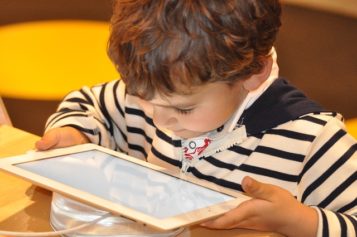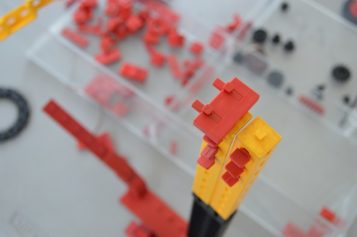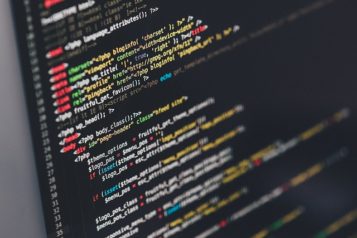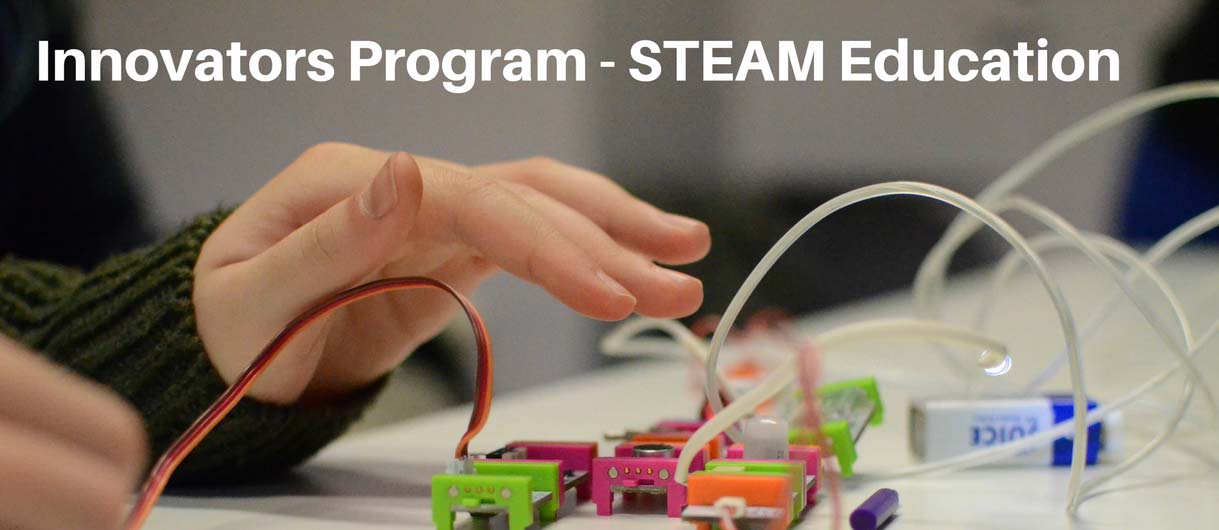STEM Program
As advancements in technology and industry create a greater demand for innovators who are able to approach problems with multiple perspectives in mind, it is vital that education recognize the need to prepare students to meet this need. Little Mountain believes in providing an integrated, interdisciplinary approach to education to help students nourish the transferable skills they will need to succeed in both their personal and professional lives.
Little Mountain’s STEAM program aims to empower students to combine both creative and critical thought processes through project-based learning. By engaging in design projects that require skills from multiple academic disciplines (Science, Technology, Engineering, Art, and Mathematics), students will learn to reflect on real-world challenges and problems and integrate these skills to design practical and appealing solutions to the issues they identify.
We are using various STEAM teaching tools including Little Bits, Lego Mindstorms, Scratch, PixelPAD, iPad OS, Kiwico and Bee-Bot and etc.
Innovators in the STEAM program will develop the transferable skills of independent inquiry, logical processing, problem-solving, and critical thinking in the real world. Students will be given the freedom to apply their own unique style and creativity as they engage in the engineering design process.
Seldom does greatness result from isolation. Therefore, in addition to being able to develop core academic-based skills, students in STEAM will be pleased at the opportunity to work in small cohorts to promote effective communication and collaborative thinking while still allowing all students the comfort and opportunity to express themselves.
Program Highlights
Kindergarten – Grade 2

- • Planning and preparing: Introduction to the Engineering Design Process and how to respond thoughtfully to challenges.
- • Word processing: Keyboarding skills and early typing through written response activities.
- • Programming: Explore the basics of algorithms and how simple programs can be created and then executed.
- • Coding: Early block coding to encourage thinking creatively, working collaboratively, and reasoning systematically.
- • Project-based learning: Respond to real world problems critically in order to find and design creative solutions
Grade 3 – Grade 5

- • Information and observation: Readings and videos about the history of the sciences as well as practical, in-field experience.
- • Technology literacy: Explore various academic-related functions of computers and internet.
- • Coding: Interactive, fun block-coding programs that will also engage students’ logical processing skills.
- • Mechanics: Develop critical thinking by engaging in engineering challenges and robotics.
- • Project-based learning: Integrate learned knowledge and skills by designing solutions to real-world problems.
- • Word Processing: Hone communication and technological skills development through typed, paragraph responses detailing the planning and reflection processes.
Grade 6 – Grade 8

- • Observation and inquiry: Research important trends, breakthroughs, and challenges in technology and engineering.
- • Technology literacy: Digital citizenship and online responsibility.
- • Coding: Game development, animation, web-design.
- • Engineering: Explore the physics of energy and motion by engaging in engineering challenges and robotics.
- • Compositions: Craft short compositions detailing their application of the engineering design process towards solving issues they have researched.



 Benefits of Online Learning
Benefits of Online Learning